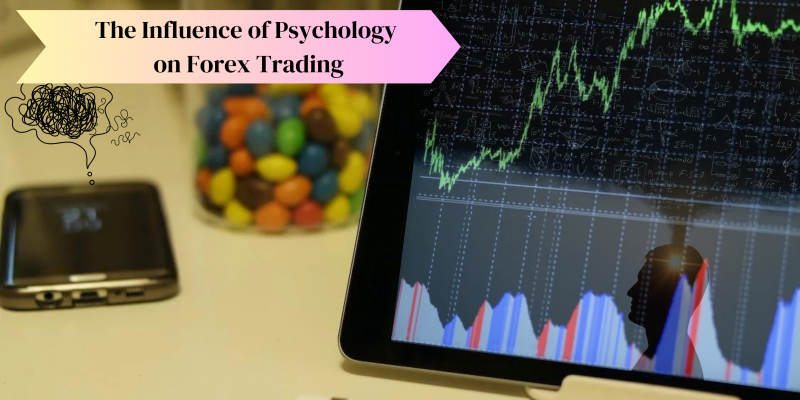The forex market is one of the most dynamic and high-risk financial markets in the world. The rapid currency movements and sharp price fluctuations make it attractive to traders seeking profit opportunities. However, behind these great opportunities lies a significant challenge that forex traders must confront, and that is the influence of psychology on decision-making.
- Fear and Greed: The two primary emotions that often impact forex traders are fear and greed. Fear can lead traders to doubt their necessary actions or even close trades too early due to a fear of losses. On the other hand, greed drives traders to take excessive risks and leave trades open for too long in hopes of gaining larger profits.
- Discipline in Planning and Execution: Success in forex not only relies on sound analysis but also on a trader’s ability to follow their plan with discipline. Traders who cannot control themselves and their emotions tend to deviate from their established trading plans, potentially resulting in substantial losses.
- Risk Management: Psychology plays a vital role in risk management. Traders who are overly risk-averse might take overly small positions, limiting their profit potential. Conversely, overconfident traders who do not adhere to risk management rules can quickly deplete their capital.
- Market Perception: Psychology can also influence a trader’s perception of the market. Traders who are excessively pessimistic or optimistic may overlook signals and fundamental data that they should consider.
- Stress and Anxiety: Forex trading can be highly stressful, especially when facing market volatility. Uncontrolled anxiety can disrupt a trader’s ability to make rational decisions.
To counter the potentially detrimental effects of psychology in forex trading, traders need to develop discipline, patience, and emotional control. This can be achieved through education, practice, and the establishment of clear trading plans. Additionally, maintaining a trading journal to record and evaluate every transaction can help traders understand their behavioral patterns and make necessary improvements.
In conclusion, psychology plays a crucial role in forex trading decisions. Traders who can manage their emotions, maintain discipline, and wisely handle risk tend to have more long-term success. Awareness of the influence of psychology is the first step towards achieving success in foreign exchange trading.











